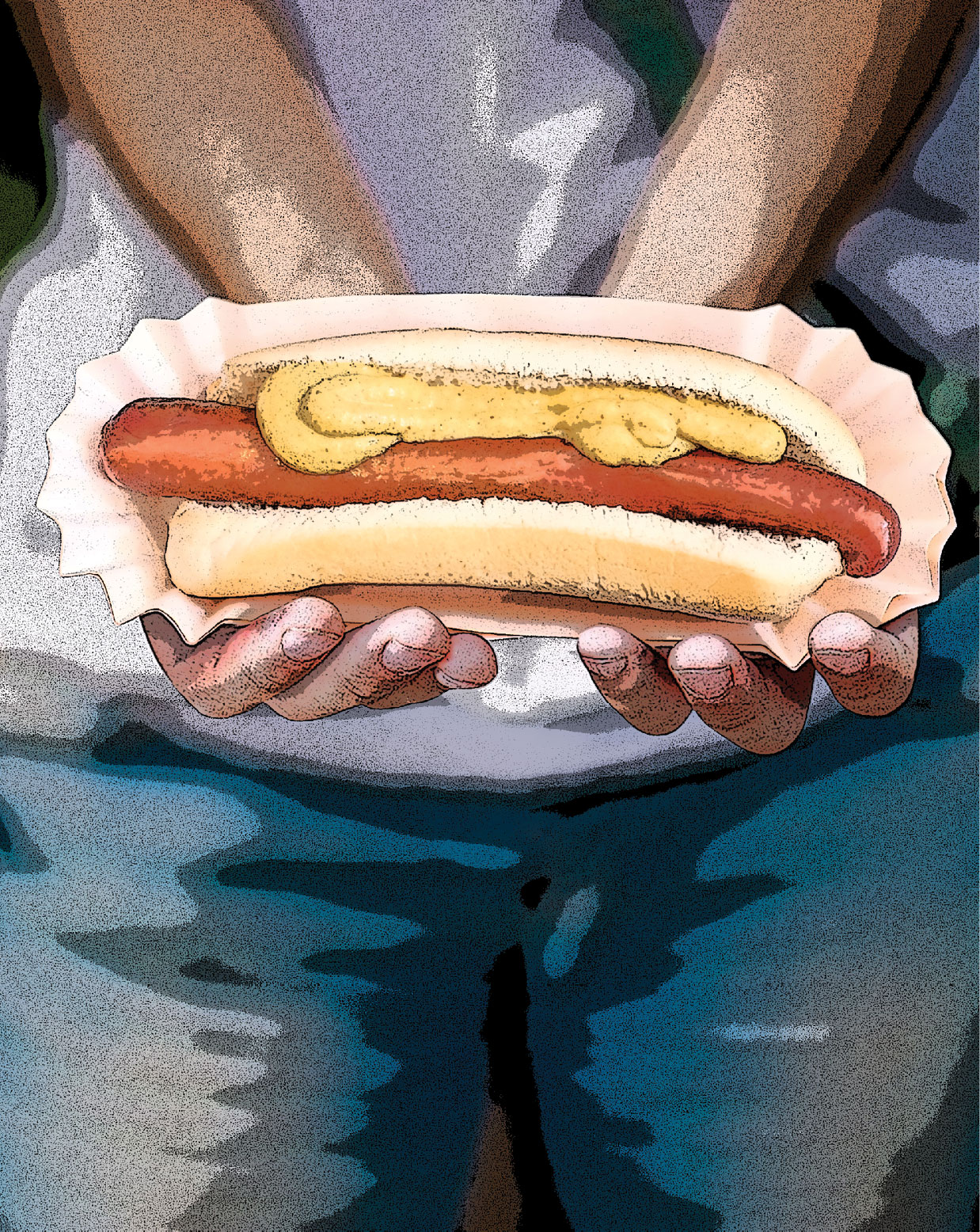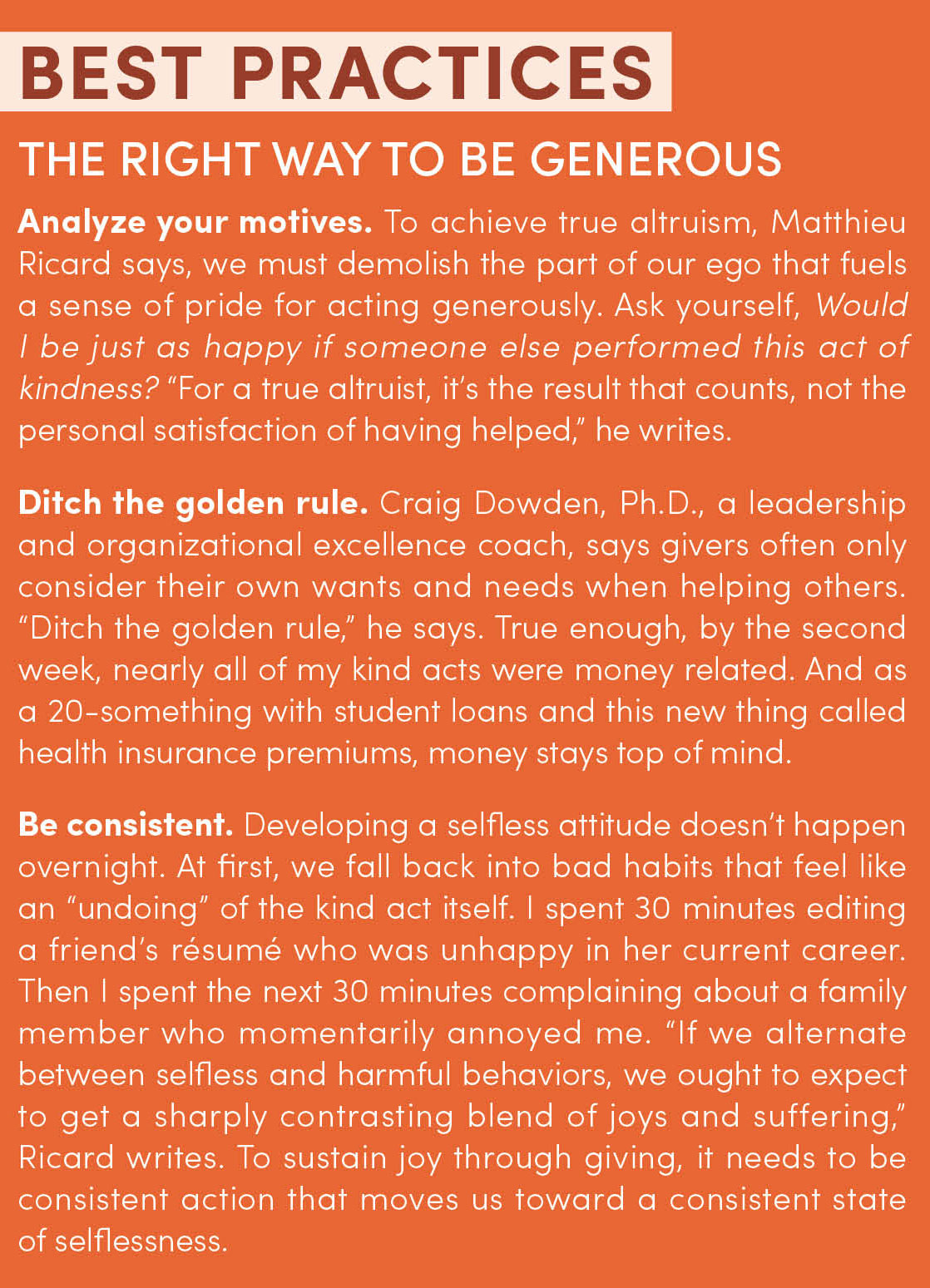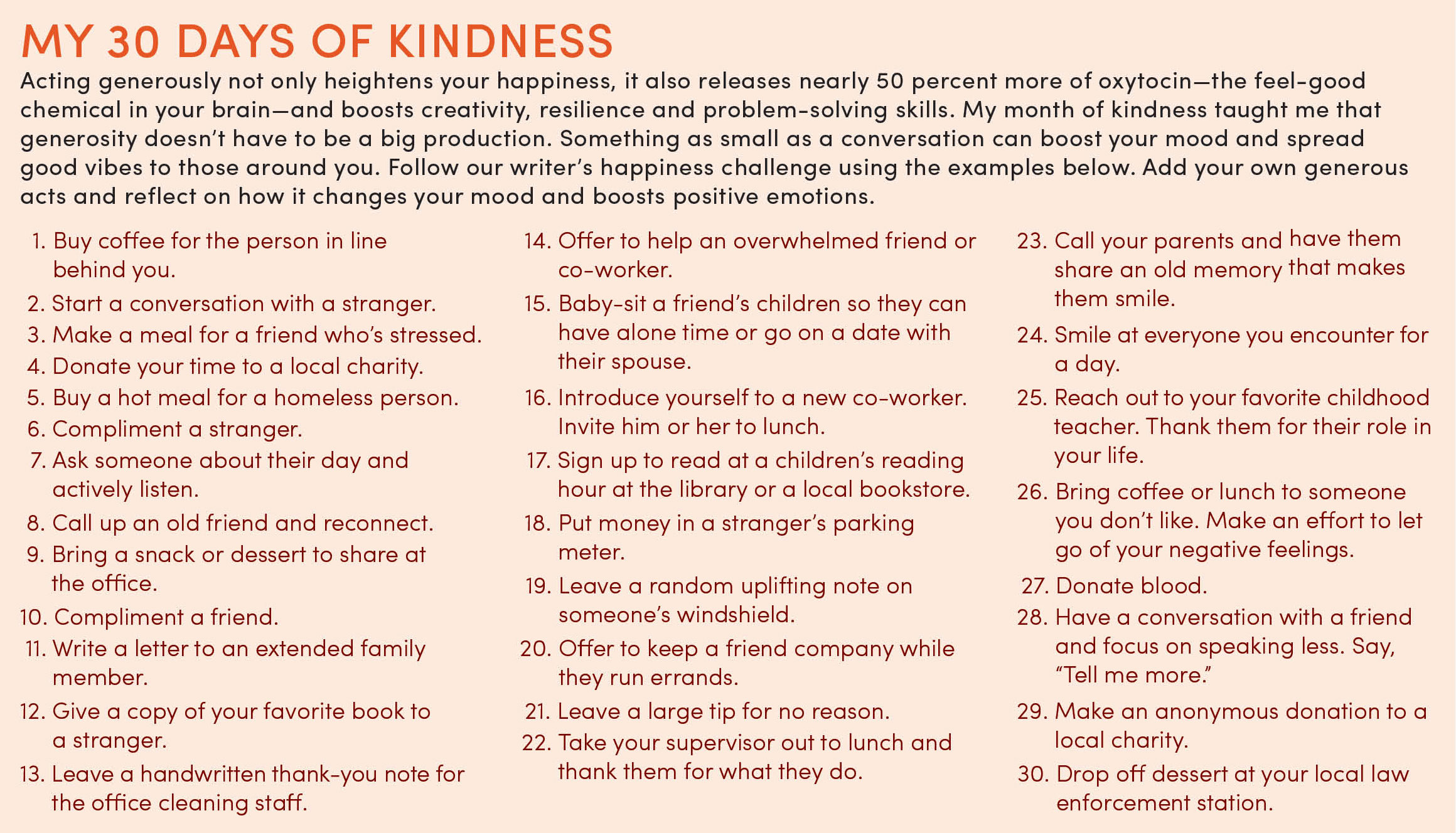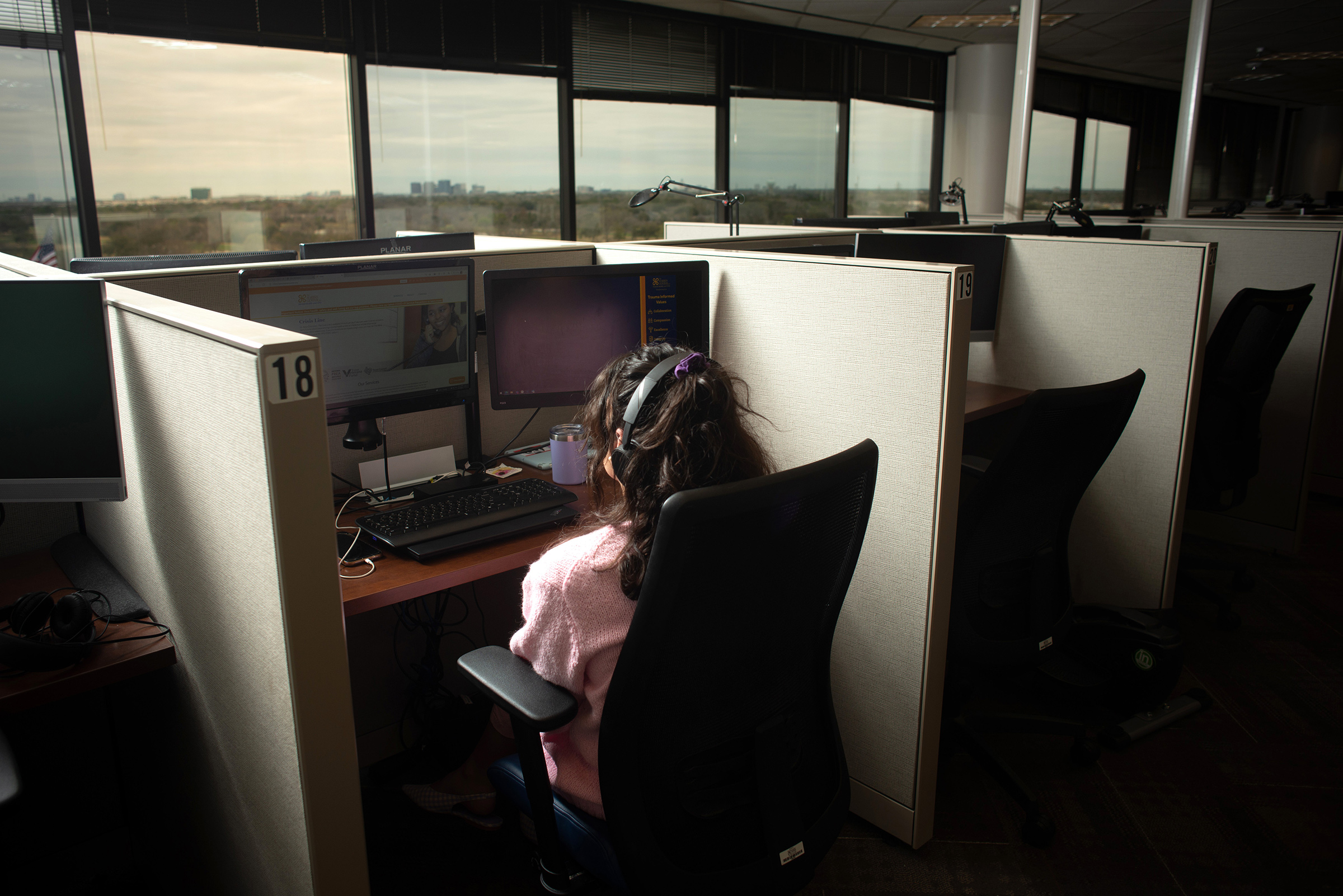DO YOU REMEMBER THIS. . . ?
It came out in 2001 and I remember watching it with my kids and laughing with them and wondering are toys the only things that are
M I S F I T S. . .
Go ahead, watch it again
and catch some of the things you most likely didn’t notice
or maybe just glossed over
OR MAYBE
just didn’t want to see or recognize. . .
It’s odd
This version of
RUDOLPH THE RED-NOSE REINDEER AND THE ISLAND OF MISFIT TOYS
What about the bad guy named Mr. Cuddles, who kidnaps toys so kids will never outgrown them. Or, the blimp, a hippopotamus queen, all with Rudolph thinking about getting a nose job. Rudolph and his friends show up at this misfit island, where they meet a cast of quirky toys, sequestered away in their shame. There’s a CHARLIE-IN-THE-BOX, a bird that swims, and a cowboy who rides an ostrich. And yes, there is a chorus of music that kind of normalizes it like all music tries to do. They real each attribute that, in their own minds, gives them oddball status: There’s a spotted elephant, a choo-choo with square wheels, and a water pistol that shoots jelly. Together, wail about their quirks through song and proclaim, not so proudly,
“We’re all misfits!”
Now here’s the thing, I think this part was suppose to be sad, but I kind of missed the memo when I was watching this. A happy little island of honest misfits sounded like paradise to me. Can you imagine belonging to a community like that? Those who wouldn’t bother hiding THEIR WEIRD?
Wait. . .WHAT. . .
Oh, you’re a bird that swims in water? Well, Yippee! I ride an ostrich! You feel weird about your polka-dot skin? Well, check out my square wheels chugging down an off the track trail!
Seriously, in what universe would this be considered exile? These misfits have found their people! A truer tragedy would be faking perfect, hiding your spots, and trying to conform. The misfit toys have created a hopeful haven, and it’s what I kind of pray to discover; to have for myself and you, others. . .
That by just showing up each day, BOLDLY BROKEN,
your very own island might form or maybe, just maybe
we discover that we’ve never
NOT BEEN A PART OF IT ALL ALONG
 All the same. . .
All the same. . .
JOIN ME
R E C O G N I Z E
just how
W E I R D L Y
we are so much more alike
THAN NOT. . .































